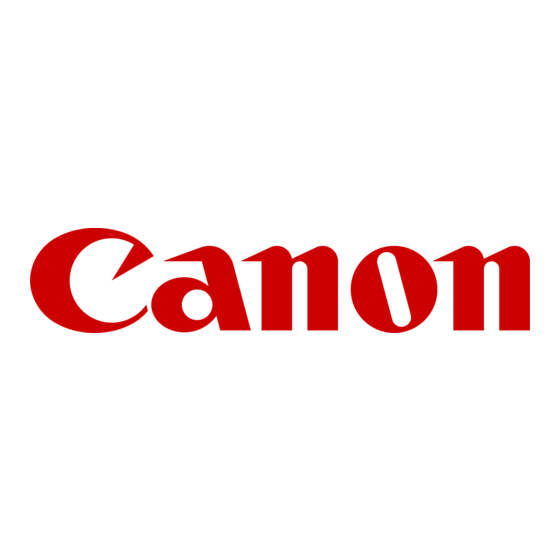AF System Calibration
Lens Calibration
Testing Your Own Cameras
& Lenses
VI. EQUIPMENT CALIBRATION
ISSUES
If the camera and lens are being operated correctly, but images remain consistently out
of focus, there is always the possibility that the camera or lens is not performing
according to factory specifications. EOS cameras and EF lenses are precision
instruments, and as such they require precision adjustments to perform at peak
efficiency. Although Canon makes every effort to calibrate the AF systems of EOS
cameras in the manufacturing process, a small percentage of cameras require
calibration adjustments at the Factory Service Center (FSC) after sale.
AF system calibration at the FSC involves a series of tests to determine the positioning
accuracy of mechanical components such as the image sensor and reflex mirror
assemblies. Once these potential problem issues have been eliminated, test images are
taken using a "tool lens" with known performance characteristics. The testing method
enables technicians to ensure that the camera is performing well within tolerances for
AF accuracy. Once this has been done with the tool lens, it becomes possible to check
the performance of other lenses the customer may have.
Because each autofocus lens contains its own microcomputer and many other internal
devices such as focusing motors and diaphragm actuators, lenses occasionally require
calibration. If a focusing error is detected, the circuitry of the lens itself can be adjusted
to ensure that it is operating according to design specs. Calibrating a lens does not
compromise its performance with other camera bodies because the calibration
standards for the lens are independent from the calibration standards for the body.
Please keep in mind that we do not recommend sending equipment to the Factory
Service Center unless you are sure that the source of your image quality problems is not
one of the issues we have already discussed in this document.
Although photographers in the field cannot duplicate the testing capabilities of a Canon
Factory Service Center, it is certainly possible to test cameras and lenses at home or in a
studio to check their performance. The following procedure may help you determine
whether your camera equipment is in need of calibration.
1. Perform your focusing test at a reasonable light level (office lighting or brighter) to
ensure optimum results.
2. Place the camera on a sturdy tripod and use a remote switch when firing the shutter.
For maximum quality, consider the use of mirror lock. (C.Fn 12 on EOS-1 class Digital
VI. EQUIPMENT CALIBRATION ISSUES
33

